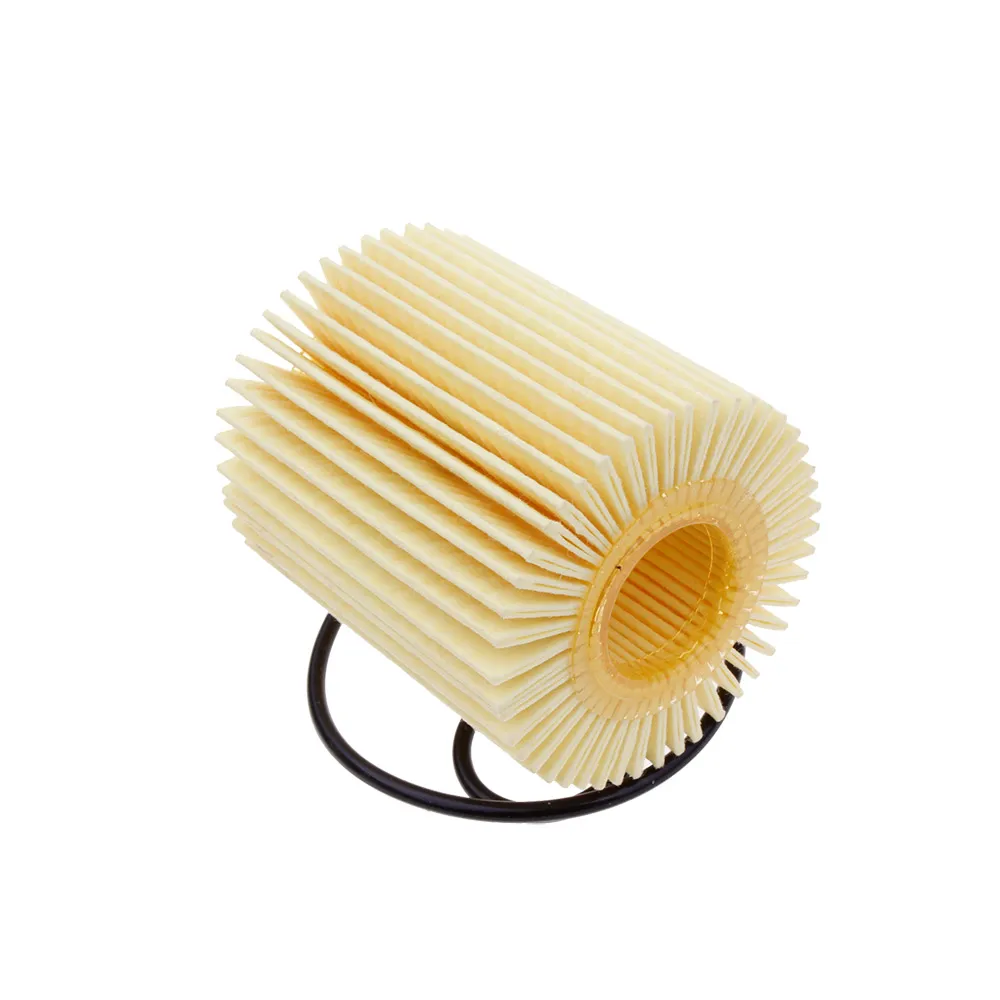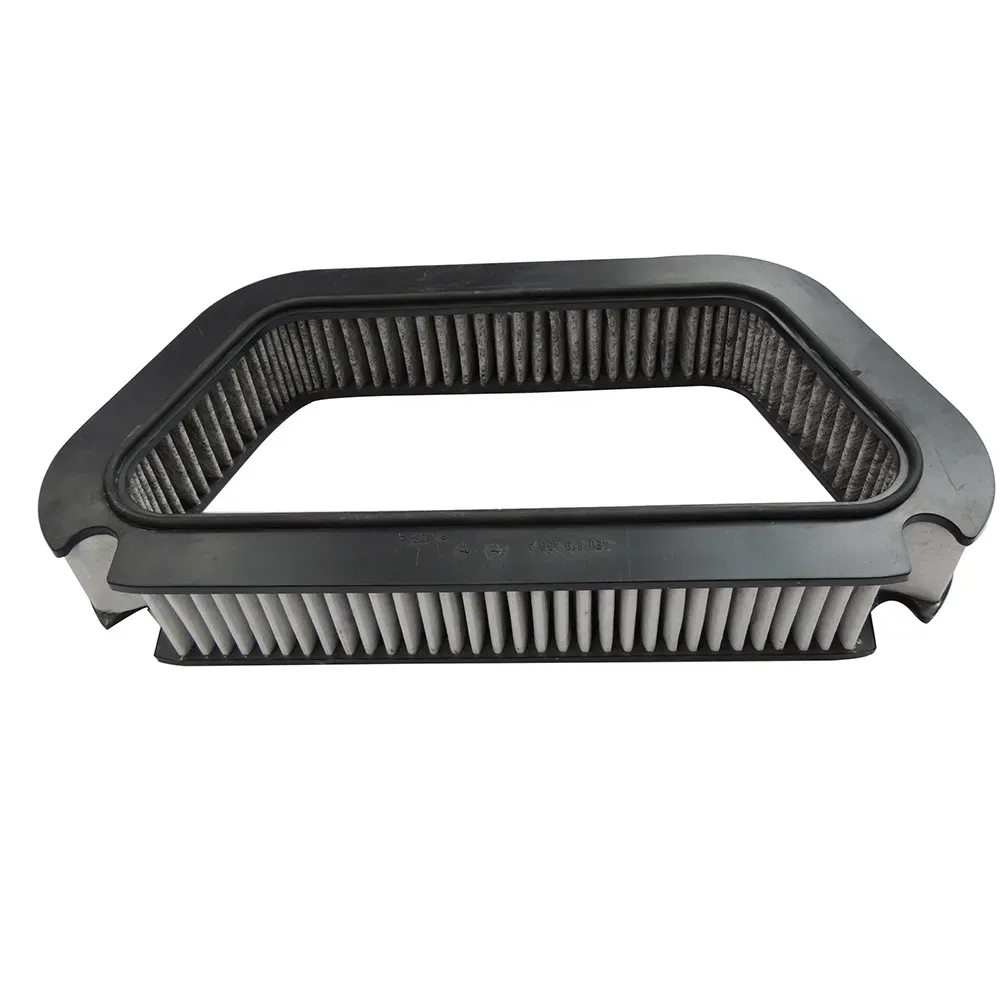
- Introduction to what does a cabin air filter do
- How Cabin Air Filters Work: The Technical Perspective
- Benefits of a Proper Cabin Air Filter in Your Car
- Comparison of Top Cabin Air Filter Brands and Performance (Data Table Included)
- Custom Cabin Air Filter Solutions for Unique Automotive Needs
- Real-World Applications and Case Studies
- Conclusion: The Importance of Understanding What Does a Cabin Air Filter Do

(what does a cabin air filter do)
Introduction: What Does a Cabin Air Filter Do?
Many vehicle owners overlook the significance of the cabin air filter, often asking, what does a cabin air filter do? In simple terms, the cabin air filter is your vehicle’s first line of defense against environmental pollutants. It screens and traps dust, pollen, exhaust gases, and other microscopic particles, ensuring the air inside your vehicle remains clean and breathable. Over the years, air quality concerns and allergy cases have increased, putting cabin filters in the spotlight. According to the Environmental Protection Agency (EPA), Americans spend nearly 90% of their time indoors and often, a considerable portion inside vehicles, reinforcing the necessity of a robust filtering system. As urban pollution intensifies, understanding what does the cabin air filter do in a car and its broad-ranging impacts is critical for health, comfort, and safety.
How Cabin Air Filters Work: The Technical Perspective
The functionality of automotive cabin air filters relies on advanced filtration mediums, precision-engineered for maximum efficiency. Most modern filters employ multi-layered synthetic or natural fibers, often enhanced with activated carbon or electrostatically charged media, capable of trapping up to 99% of particles as small as 0.3 microns. When your car’s ventilation system is active—be it heating, air conditioning, or simple airflow—the filter intercepts contaminants before they enter the cabin. Activated carbon layers further adsorb harmful gases like ozone, nitrogen oxide, volatile organic compounds (VOCs), and odors. In advanced vehicles, HEPA-grade filters are increasingly offered, mirroring the technology found in high-end air purifiers. Testing data demonstrates that maintaining a high-efficiency cabin air filter can lower particulate matter concentrations inside the vehicle by up to 60%, compared to using no filter or an old, clogged filter.
Benefits of a Proper Cabin Air Filter in Your Car
The advantages of equipping your car with a quality cabin air filter extend far beyond mere comfort. By removing allergens like pollen, mold spores, and dust mites, these filters improve in-cabin air quality and significantly benefit individuals suffering from asthma, allergies, or respiratory issues. A study by the California Air Resources Board found that vehicles with up-to-date cabin air filters had a 30-40% reduction in allergic reactions among drivers and passengers. Furthermore, preventing the ingress of abrasion-causing particles reduces the buildup of residues on HVAC components—leading to improved airflow, more efficient heating or cooling, and longer-lasting air conditioning parts. Besides enhanced comfort and health, drivers may experience a reduction in foggy windows and ventilation system odors, due to the decreased environmental contaminants within the system.
Comparison of Top Cabin Air Filter Brands and Performance
Not all cabin air filters are engineered equally. With a market saturated by dozens of brands, understanding the differences in material, efficiency ratings, longevity, and price is essential for optimal decision-making. Below is a comprehensive comparison of leading cabin air filter manufacturers, evaluating their performance characteristics based on industry testing and consumer reviews. Data points include particulate filtration efficiency (PFE), filtration of VOCs and odors, recommended service intervals, and cost efficiency.
| Brand | Material | PFE (%) | Odor/Gas Filtration | Recommended Change Interval (miles) | Price (USD) |
|---|---|---|---|---|---|
| Bosch HEPA Premium | HEPA & Activated Carbon | 99.97 | Excellent | 15,000-20,000 | 25-35 |
| FRAM Fresh Breeze | Arm & Hammer Baking Soda/Carbon | 98.0 | Good | 12,000-15,000 | 18-23 |
| Mann-Filter CUK Series | Non-woven w/ Carbon | 98.5 | Very Good | 15,000 | 22-28 |
| K&N Washable | Synthetic (Washable) | 95.0 | Moderate | Reusable (up to 50,000 w/ cleaning) | 38-45 |
| Toyota OEM | Standard Fiber | 92.5 | Fair | 10,000-15,000 | 17-25 |
The data above highlights substantial variances across brands. For instance, Bosch’s HEPA Premium filter offers industry-leading particulate capture, especially valuable for those prioritizing what does a cabin air filter do for your car in terms of health outcomes. Contrastingly, K&N’s washable model provides long-term value with its reusable design, appealing to cost-conscious and eco-friendly consumers.
Custom Cabin Air Filter Solutions for Unique Automotive Needs
While off-the-shelf filters cover most daily requirements, certain environments or vehicle applications demand custom solutions. For example, fleet vehicles, rideshare cars, and emergency response units require enhanced filtration due to high occupancy and exposure. In such cases, manufacturers may develop bespoke filters incorporating HEPA layers, antimicrobial coatings, or advanced carbon matrices tailored to extreme pollution or allergen loads. Data from the National Institute for Occupational Safety and Health (NIOSH) demonstrates that high-efficiency custom cabin air filters can reduce bacterial load by up to 80% and particulate concentrations by over 90% in high-risk metropolitan environments. Manufacturers collaborate with corporations and municipalities, offering filter specification matching, prototyping, and iterative testing. This customization approach addresses both regulatory health standards and unique operational demands of urban, rural, or off-road fleets, resulting in superior air quality and equipment longevity.
Real-World Applications and Case Studies
The transformative impact of premium cabin air filters is evident in real-life scenarios. For example, after retrofitting an urban taxi fleet in Los Angeles with advanced HEPA carbon filters, operators reported a 72% decrease in passenger allergy complaints and a notable decline in in-cabin odors and particulate residues. In another case, a school district in Salt Lake City outfitted its bus fleet with upgraded filters in response to rising asthma incidents. After implementation, medical reports indicated a 35% reduction in respiratory events among student riders during peak pollen seasons. Additionally, luxury ride-sharing platforms now routinely market enhanced cabin air quality as a differentiator, utilizing third-party certification and consumer air quality indices to validate their service upgrades. These cases substantiate the direct correlation between cabin air filter quality and measurable improvements in public health, ride experience, and operational efficiency.
Conclusion: The Importance of Understanding What Does a Cabin Air Filter Do
In summary, recognizing what does a cabin air filter do in a modern vehicle underscores its indispensable role in safeguarding occupant health and ensuring in-cabin comfort. By examining technical features, brand performance data, custom solutions, and real-world deployments, the profound impact of these filters becomes clear. As regulatory bodies tighten in-cabin air quality standards and consumer expectations evolve, investing in a high-performance cabin air filter is no longer optional but necessary. Regular maintenance, informed selection, and, when necessary, customized upgrades ensure long-term vehicle value and personal well-being. Drivers who understand the critical function of this component—beyond simply asking what does the cabin air filter do in a car—position themselves for a safer, healthier, and more enjoyable driving environment.

(what does a cabin air filter do)
FAQS on what does a cabin air filter do
Q: What does a cabin air filter do in a car?
A: A cabin air filter removes dust, pollen, and other pollutants from the air that enters your car's interior through the HVAC system. This ensures cleaner air for passengers. It also helps maintain the efficiency of your car's air conditioning and heating systems.
Q: Why is the cabin air filter important for your car?
A: The cabin air filter is important because it keeps the inside air clean and free from allergens and pollutants. It also protects the HVAC system from debris. Regularly replacing it improves air quality and comfort.
Q: How does a cabin air filter benefit car passengers?
A: A cabin air filter benefits car passengers by trapping harmful particles like dust, pollen, and fumes. This means you breathe healthier, cleaner air while driving. It's especially helpful for people with allergies or respiratory issues.
Q: What happens if you don't replace your car's cabin air filter?
A: If you don't replace the cabin air filter, it can become clogged and reduce airflow into your car. This can cause unpleasant odors, decreased HVAC performance, and poor air quality inside the car. Regular replacement is recommended to prevent these issues.
Q: Is a cabin air filter necessary for all cars?
A: Most modern vehicles come equipped with a cabin air filter for better air quality. It's necessary to maintain a healthy and comfortable environment inside your car. Check your vehicle's manual to see if your car has one and follow the maintenance schedule.
-
Vehicle Performance with Premium Car Filter SolutionsNewsJul.02,2025
-
Upgrade Engine Performance with Timely Air Filter MaintenanceNewsJul.02,2025
-
Optimize Vehicle Health with Timely Air Filter ReplacementNewsJul.02,2025
-
Every Drive with Next-Level Car Filtration SystemsNewsJul.02,2025
-
Driving Comfort with Advanced Air Filtration SystemsNewsJul.02,2025
-
Cleaner with Next-Generation Automotive Air FiltrationNewsJul.02,2025
-
The Importance of Cabin Filter and Engine Filter: The Role and Maintenance of Cabin Filter and Engine FilterNewsJun.25,2025
Related Products




